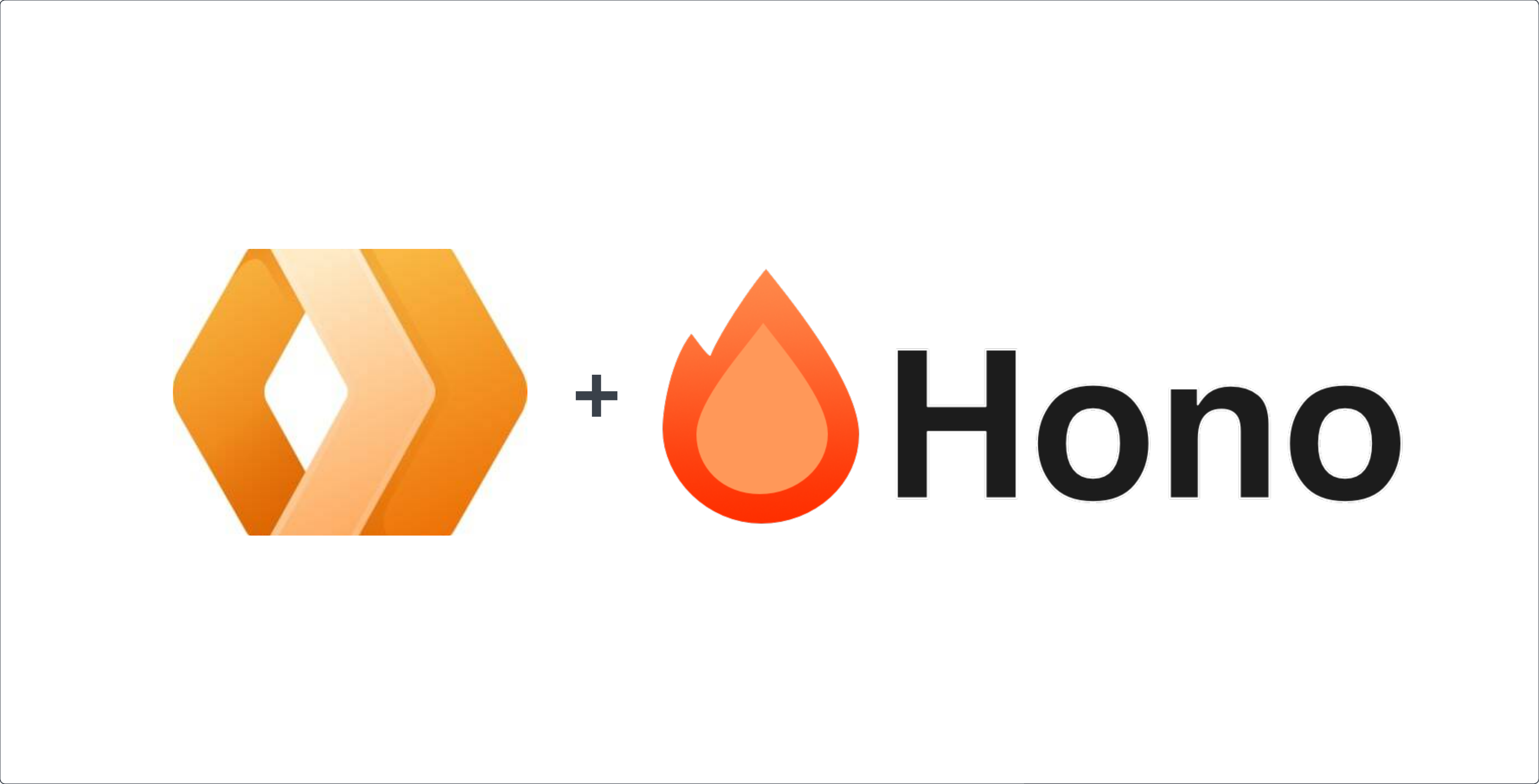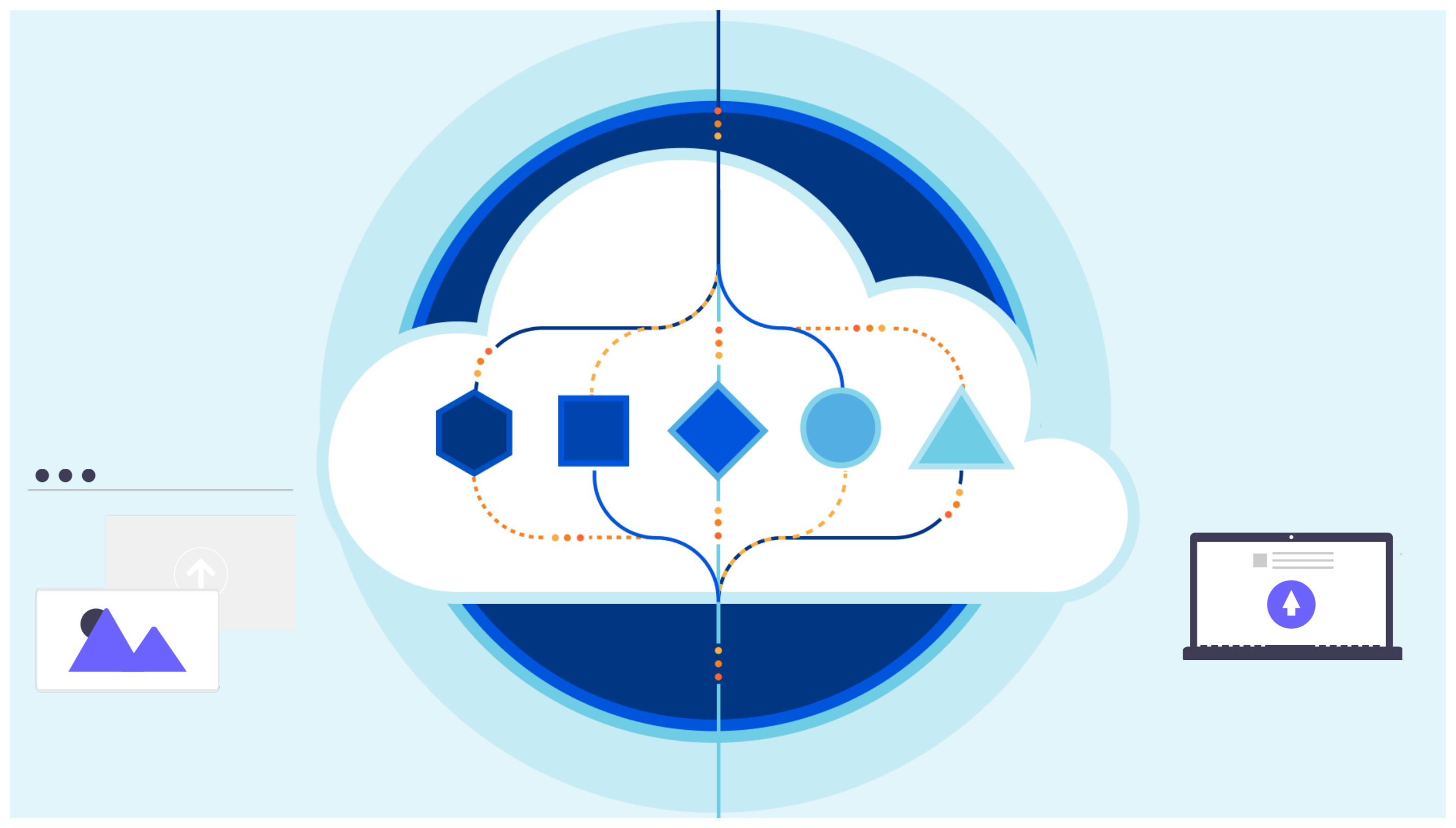Coderpunk Tech Solutions Beta
Overview
Over the past 8 months I have been working on a new product with one goal in mind: enable business ideas to grow faster and at lower cost. What sparked this is that I have a lot of app ideas I want to be working on. I wanted to be able to be delivering really fast, fail fast and repeat. The core idea behind this product is to provide a set of tools and building blocks that allowed me to build and deploy applications focusing on the business logic without having to worry about non-functional requirements. I have named this product series Vulcan, a set of building blocks, also known as kit, that allow developers to build and deploy applications faster and at lower cost (currently free, price TBD). The first Kit, in beta, is Vulcan Core. In this short article I am going to briefly explain what that is.
The Core Building Block
Vulcan Core is the first kit or building block in the Vulcan series. It’s essentially a function as a service that allows to create, read, update and delete records. Records are non-other than files stored in a bucket. The implementation is generic and can fit a varied set of use cases. A developer can alter the function adding custom logic with the use of decorators and overrides. Each CRUD operation is guarded by an authentication and permission middleware that allow only authenticated users that have permission over the resource to perform the operation. This can be a limiting factor for some uses cases but those middlewares can be easily disabled.
How does It work?
In a Nutshell, the function receives a request which is then passed through a series of middlewares and then processed.
At the Handler stage, user-defined decorators and overrides are invoked if any. This is where the developer can add custom logic.
Capabilities
I have built a simple app in a day using Vulcan Core. The app is called TINYd. It allow a user to consume a token to create a draft note. The user can then add rows to that note. Each row can be of a different type like text, image or app. Notes cannot be shared and can only be accessed by the user that created them. The app charges 10 tokens a month as a cost for running the services. A new user starts with a balance of 20 tokens but I plan of releasing a few 100% discount codes to purchase tokens for free for a limited amount of time. Check it out and let me know what you think.
The Stack
Vulcan is a worker that runs on Cloudflare. The data is stored on R2. The project is written in Typescript and comes with a series of Github CI/CD actions.
The Future
The next kit or building block will center around synchronization and real-time capabilities. Another kit will focus on introspection, observability and backups then the idea is to start exploring client side kits. All will depend based on the feedback and request from the community.
Conclusion
Vulcan Core is running in beta and is available on interest registration at solutions. What do you think? Would you use Vulcan Core for your next project? Let me know in the comments below or register your interest.



